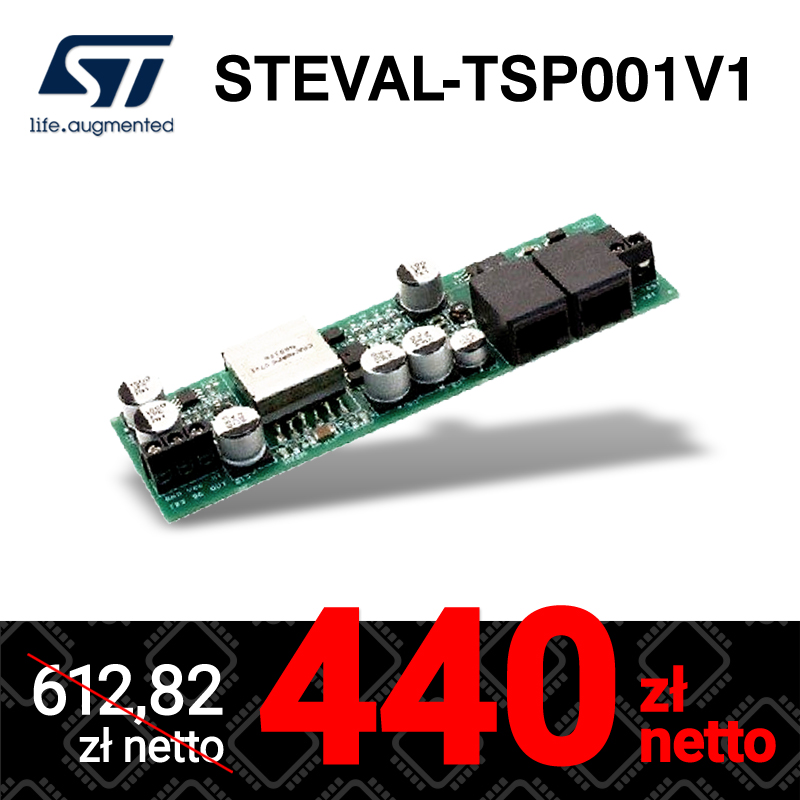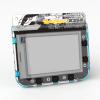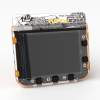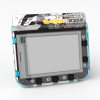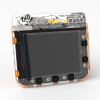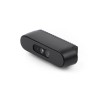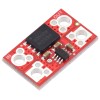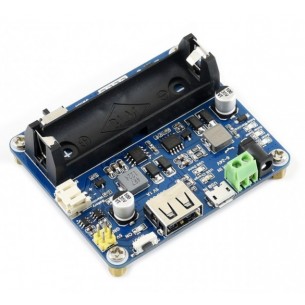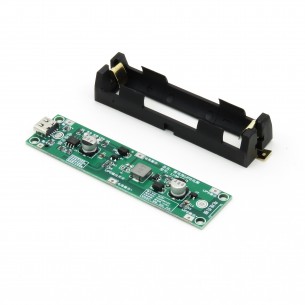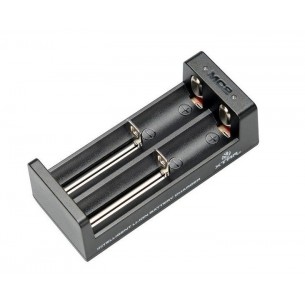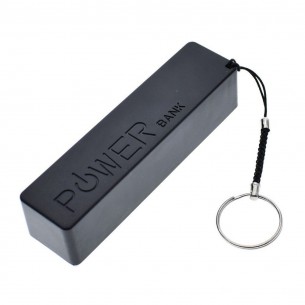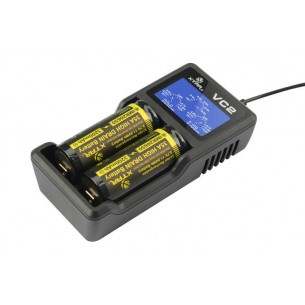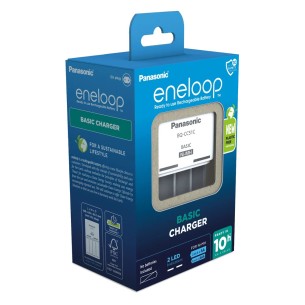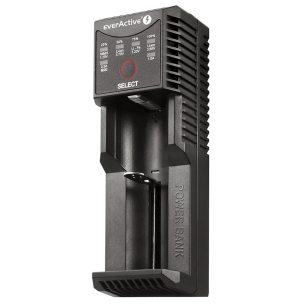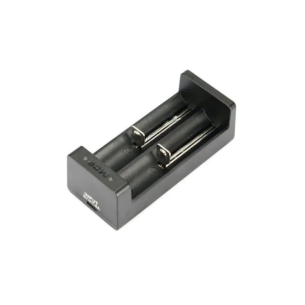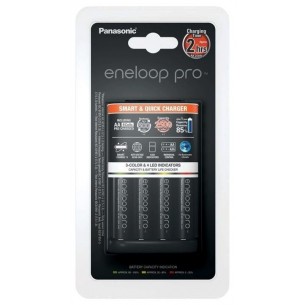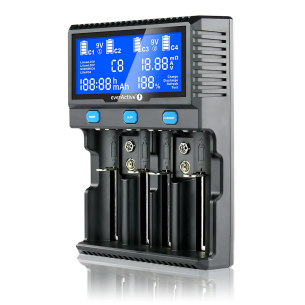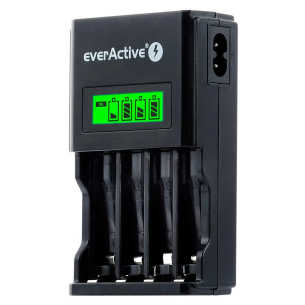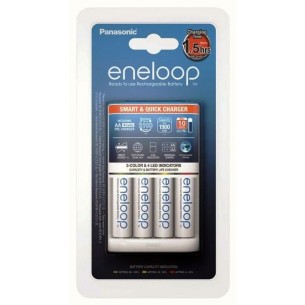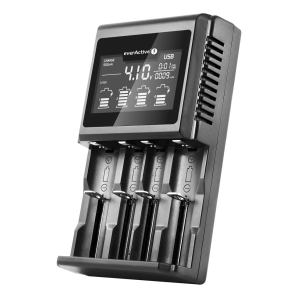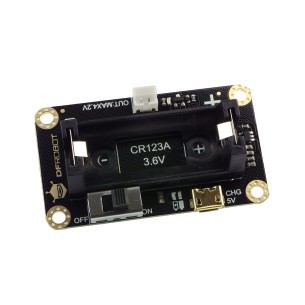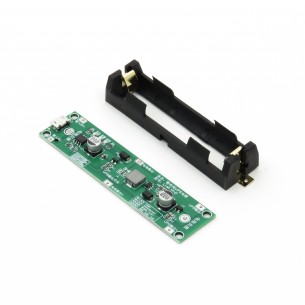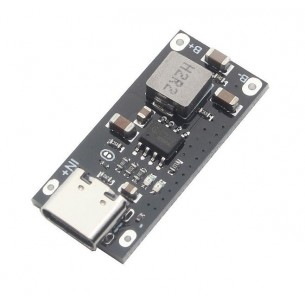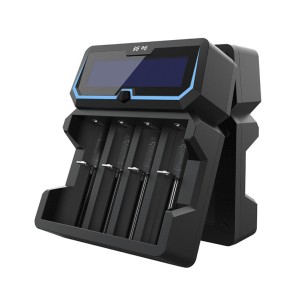Products
Categories
- Main categories
-
- 3D PRINTING
- ARDUINO
- AUTOMATION
- BOOKS
- CYBERSECURITY
- EDUCATION
- ELECTRONICS
- Cables
- Cameras and accessories
- Communication
- Conductive materials
- Connectors
- ARK connectors (Terminal Block)
- Banana connectors
- Coaxial connectors (RF)
- Connectors
- Crocodile clip
- D-Sub drawer connectors
- DC power connectors
- FFC/FPC ZIF connectors
- Goldpin connectors
- IDC connectors
- JACK connectors
- JST connectors
- Jumpers
- Memory cards slots
- Other connectors
- Pogo pin
- Quick couplers
- RJ45 connectors
- Slip ring connector
- Supports
- USB connectors
- USB PD Adapters for Laptops
- WF connectors
- Cooling
- Displays
- Electronic modules
- A/D and D/A converters
- Audio
- Barcode readers
- CAN converters
- Converters USB - UART / RS232
- Cryptographic module
- Data logger
- DDS/PLL generators
- Digital potentiometers
- Encoders
- Expanders of the I/O
- Fingerprint readers
- Galvanic isolation modules
- HMI modules
- Image and video
- JTAG accessories
- Keyboards, buttons
- LED drivers
- Memory card readers
- Memory modules
- Modules with power outputs
- Motor controllers
- Power modules
- Protection modules
- RS485 converters
- RTC modules
- Servo Controllers
- TSOP infrared receivers
- USB Converters - I2C / 1-Wire / SPI
- Voltage converters
- Gadgets
- GPS
- Intelligent clothes
- LED - diodes, displays, stripes
- Luminous wires and accessories
- Machine vission (MV)
- Memory cards and other data storages
- Passive elements
- PC accessories
- Printers
- Programatory czasowe
- Prototype boards
- Relays
- Semiconductors
- A/C converters (ADC)
- Analog systems
- Audio systems
- Bridge rectifiers
- Button
- D/A Converters (DAC)
- DDS synthesizers
- Digital circuits
- Diodes
- Drivers of motors
- DSP microprocessors
- Energy counters
- Energy harvesting
- ESD security
- IGBT drivers and bridges
- Interface systems
- LED drivers
- Logic converters
- Memory
- Microcontrollers
- Optotriacs and optocouplers
- Other
- PLL generators
- Power systems
- Programmable systems
- Resetting systems
- RF systems
- RTC systems
- Sensors
- SoC systems
- Timery
- Touch sensors
- Transistors
- Sensors
- Accelerometers
- Air humidity sensors
- Air quality sensors
- Current sensors
- Distance sensors
- Flow sensors
- Gas sensors
- Gyroscopes
- Hall sensors
- Humidity sensors
- Infrared sensors
- Laser scanner
- Light and color sensors
- Liquid level sensors
- Magnetic sensors (compasses)
- Medical sensors
- Motion sensors
- PH sensors
- Position sensors
- Pressure sensors
- Pressure sensors
- Reflection sensors
- Sensors 6DOF/9DOF/10DOF
- Sensors of liquid quality
- Temperature sensors
- Vibration sensors
- Sound transducers
- Switches and buttons
- Cables
- FPGA DEVELOPMENT KITS
- MEASURING DEVICES
- Anemometers
- Cable testers
- Distance measurement
- Electronic loads
- Generators
- Insulation resistance meters
- LCR meters
- Logic analyzers
- Measures and calipers
- Multimeters
- Network analyzers
- Oscilloscopes
- Other meters
- Panel meters
- Radiation detectors
- Sound meters
- Temperature measurement
- Testery USB
- Voltage indicator
- Wattmeters
- Weights
- MECHANICS
- MINICOMPUTERS (SBC)
- POWER
- RASPBERRY PI
- Accessories for Raspberry Pi
- Audio video cables for Raspberry Pi
- Case Raspberry Pi
- Cooling for Raspberry Pi
- Displays for Raspberry Pi
- Extension modules for Raspberry Pi
- Memory cards for Raspberry Pi
- Power for Raspberry Pi
- Raspberry Pi 3 model A+
- Raspberry Pi 3 model B
- Raspberry Pi 3 model B+
- Raspberry Pi 4 model B
- Raspberry Pi 400
- Raspberry Pi 5
- Raspberry Pi 500
- Raspberry Pi cameras
- Raspberry Pi Compute Module
- Raspberry Pi model A/ B+/2
- Raspberry Pi Pico
- Raspberry Pi prototyping
- Raspberry Pi Zero
- Raspberry Pi Zero 2 W
- RETIRED PRODUCTS
- SALE
- STARTER KITS, PROGRAMMERS, MODULES
- Atmel SAM
- Atmel Xplain
- AVR
- Coral
- DFRobot FireBeetle
- ESP32
- ESP8266
- Feather / Thing Plus
- Freedom (Kinetis)
- M5Stack
- Micro:bit
- Nordic nRF
- Other development kits
- Particle Photon
- Peripheral modules
- PIC
- Raspberry Pi RP2040
- RFID
- RISC-V
- Seeed Studio LinkIt
- Segger programmers
- SOFTWARE
- Sparkfun MicroMod
- STM32
- STM32 Discovery
- STM32 MP1
- STM32 Nucleo boards
- STM8
- Teensy
- Universal programmers
- WRTNode
- XIAO/Qt PY
- Atmel SAM
- WORKSHOP
- Adhesives for hot glue guns
- Chemistry
- Agents for securing electronics
- Cleaning and preserving agents
- Compressed air
- Conductive paints and varnishes
- Distilled water
- Etcher
- Freezing
- Gas for lighters and burners
- Isopropyl alcohol (IPA)
- Label removers
- Lubricants, oils
- Pastes and adhesives thermally conductive
- PCB cleaning products
- Thermopads - thermally conductive tapes
- CNC milling machines
- Crimping tools
- Dispensing needles
- Gluers
- Glues
- Heat-shrink tubing
- Insulation strippers
- Knives
- Laboratory power supplies
- Microscopes
- Mini drills and grindrers
- Organizers
- Personal protection (OHS)
- Power tools
- Sandpapers
- Scissors
- Soldering
- Antistatic mats and accessories (ESD)
- BGA balls
- BGA rework stations
- Brushes and ESD brushes
- Desoldering Wick
- Handles, magnifiers
- Heat guns
- Heaters and soldering irons
- Laminates
- Portable soldering irons
- Silicone Soldering Mats
- SMD Accessories
- Soldering accessories
- Soldering chemistry
- Soldering irons
- Soldering pastes
- Soldering pots
- Soldering stations
- Soldering tips
- Sponges and cleaners
- Stand for soldering irons
- Tin
- Tin extractors
- Ultrasonic cleaners
- Tapes (aluminum, kapton, copper, insulating)
- Tools
- Tweezers
- Vices
- Workshop lighting
- 3D PRINTING
New products
New products New products
Category: Cylindrical battery chargers
Chargers for Cylindrical Batteries – A Comprehensive Guide for Electronics Enthusiasts and Hobbyists
Chargers for cylindrical batteries are essential tools for every electronics enthusiast who wants to effectively manage the power supply of their projects. These devices allow for safe and efficient charging of batteries, which is crucial for maintaining their long lifespan and performance. In this category, you will find a variety of charger models that meet the needs of both amateurs and professionals.
There are 18 products.
Solar energy management module designed for solar panels with a voltage from 6 V to 24 V. Waveshare Solar Power Manager (EN)
4-in-1 module designed for 18650 Li-Ion batteries. It can be used as a 5 V voltage source, charger, UPS and battery protection module
Two-channel processor charger designed for Li-Ion cylindrical batteries in various sizes (including 18650). It can charge batteries both with PCM protection and without protection. The nominal charging current in the main phase is 0.5A per channel. XTAR MC2
A handy set with a charger to build a Power Bank based on 18650 batteries. The set does not include a battery.
The XTAR VC2 charger is a two-channel charger for lithium-ion (Li-ion) cells with a micro USB charging input. Each channel is independent. The VC2 has a large LCD screen showing charging voltage and current. The charger also shows the capacity that is delivered to the cell and displays the result on the screen
The charger is designed to charge R6/AA and R03/AAA NiMH batteries. It allows you to simultaneously charge 2 or 4 batteries. Panasonic BQ-CC51
EverActive UC-100C is a single-slot low-voltage charger for cylindrical Li-ion, LiFePO4 and Ni-MH batteries, offering adjustable charging current and a Power Bank function. Thanks to USB-C power and broad compatibility with various cell types, it will work well in mobile, home and service applications.
XTAR MC2+ is a compact, dual-channel charger for lithium-ion batteries, such as 18650, that automatically adjusts the charging current to the cell condition. Thanks to the "Zero Volt Activation" function, it can reactivate deeply discharged cells, and power supply via the micro-USB port provides convenience and mobility.
Kit containing the Panasonic Eneloop BQ-CC55 charger and 4 Panasonic Eneloop Pro R6/AA rechargeable batteries with 2500 mAh capacity. Panasonic K-KJ55HCD40E
The everActive UC-4200 smart charger for cylindrical cells and 9V batteries offers broad compatibility, numerous testing functions, and precise charging for various battery types. Equipped with a clear display and comprehensive safety features, it is suitable for both home use and professional workshops.
EverActive NC-450 Black Edition is a compact charger for Ni-MH R6/AA and R03/AAA batteries, equipped with four independent charging channels, microprocessor control and a function for regenerating deeply discharged cells. Excellent for home and semi-professional use, it provides fast and safe charging with full control of the parameters.
Fast XTAR SC1 processor charger for lithium-ion cells in sizes 18650, 18700, 20700, 21700, 22650, 26650. It is equipped with LEDs showing the state of charge, three-stage charging processor TC / CC / CV, function of reacting deeply discharged cells, security: short-circuit, thermal, against reverse polarity. It can be charged with any USB power charger (min. 2.1A)
Kit containing the Panasonic Eneloop BQ-CC55 charger and 4 Panasonic Eneloop R6/AA rechargeable batteries with 2000 mAh capacity. Panasonic K-KJ55MCC40E
The professional everActive UC-4000 processor charger, designed for Li-ion, LiFePO4, and Ni-MH cells in multiple sizes, offers two operating modes, independent channel control, and a Capacity Review function for precise battery capacity evaluation. Intended for home and workshop use, it supports protected and unprotected cells, including those with a flat positive terminal.
Charger module with a basket for a CR123A battery dedicated to micro:Maqueen robots. DFRobot FIT0611
4-in-1 module designed for 18650 Li-Ion batteries. It can be used as a 5 V voltage source, charger, UPS and battery protection module
No product available!
Lithium battery charger module with a maximum current of 3 A. Equipped with a USB type C connector. Dedicated to charging one Li-Ion cell
No product available!
The XTAR X4 is a four-channel automatic charger with deep discharge recovery and a three-phase charging algorithm, compatible with a wide range of Li-ion and Ni-MH battery sizes. With both AC and USB power options and a built-in power bank feature, it\'s ideal for both home and mobile use.
No product available!
Charging a 18650 Battery Without a Charger – Possible, But Not Recommended
While it is possible to find ways to charge a 18650 battery without a charger, such methods are usually unsafe and can lead to battery damage or even cause a fire. Therefore, it is always recommended to use dedicated battery chargers that offer not only safety but also optimal charging performance. Professional chargers are equipped with advanced features such as voltage and current monitoring, overcharge protection, and automatic shutdown upon full charge.
Types of Chargers for Cylindrical Batteries
There are many types of chargers for cylindrical batteries available on the market, with various functions and technical specifications. Here are some of them:
- Single-Channel Chargers – Ideally suited for users who need to charge one battery at a time. Their compactness and ease of use make them an excellent choice for beginners.
- Multi-Channel Chargers – Allow simultaneous charging of several batteries. Besides that, they offer additional features such as individual channel monitoring.
- Balancing Chargers – Designed for charging lithium-ion batteries, ensuring even charging of all cells, which is crucial for the safety and longevity of the batteries.
- Universal Chargers – Can handle various types and sizes of batteries, making them versatile tools for any electronics workshop.
Safety When Charging Cylindrical Batteries
Safety should always be a priority when charging cylindrical batteries. Avoid using improvised charging methods, such as charging a 18650 battery without a charger. Professional chargers are equipped with mechanisms to protect against overheating, overvoltage, and overcharging, minimizing the risk of battery damage and potential hazards.
Choosing the Right Charger for Cylindrical Batteries
When choosing a charger for cylindrical batteries, it's important to consider a few key aspects:
- Compatibility – Ensure that the charger supports the type and size of batteries you intend to charge.
- Protective Features – Check if the charger has features that protect against overheating, overvoltage, and overcharging.
- Charging Speed – Depends on individual needs; some chargers offer fast charging, which can be useful when time is crucial.
- Ease of Use – The charger should be easy to use, with a clear interface and simple instructions.

